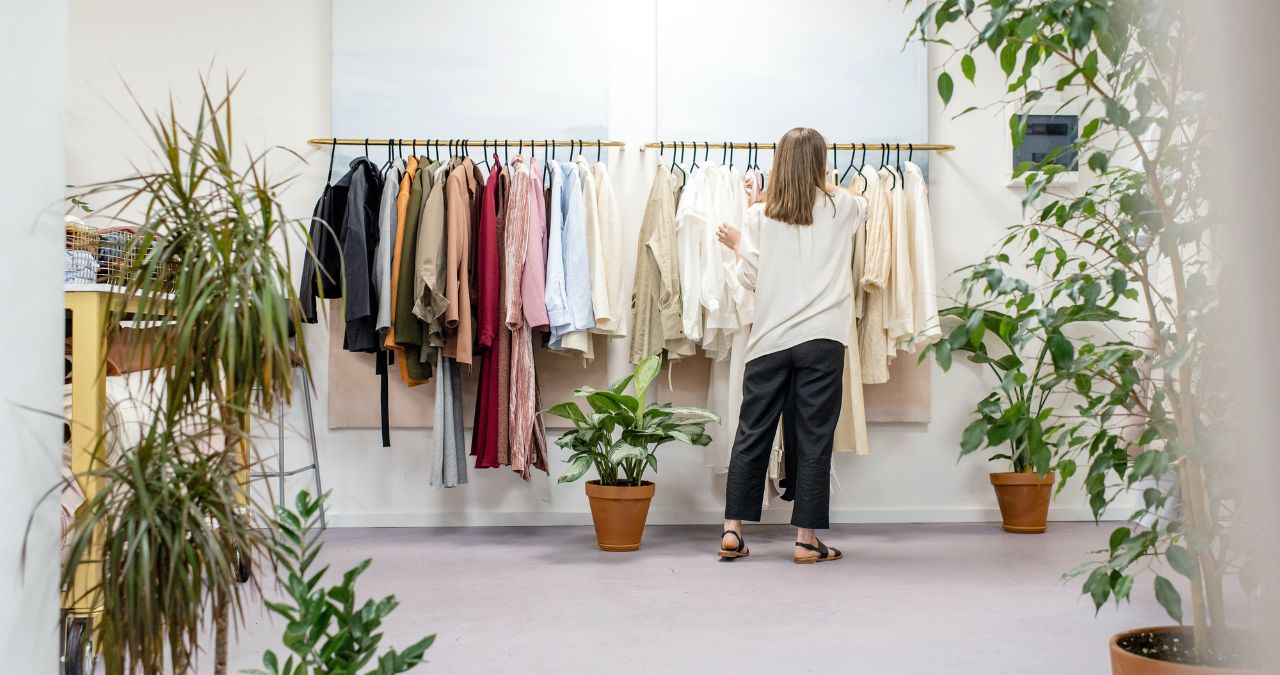
If you’re planning on starting a business selling either products or services, determining the best way to bring it to market is essential for success. Which option will help you achieve your needs and goals: wholesale or retail? Choosing the right option depends on several factors, such as pricing, profits, your targeted audience, and how you intend to reach your customer base. Determining which marketing channel to use is an important decision, as your decision will directly impact your success.
What’s The Difference Between Wholesale And Retail?
Deciding whether you should use a wholesale business or retail approach requires careful consideration. In this article, we provide an overview of both models and highlight the key differences between each so that you can make the most informed decision for your business.
Wholesale Explained
With wholesale, you would sell products in large quantities or services at discounted prices to other companies or outlets, not directly to the end user. In other words, rather than sell small quantities of products or services directly to your clients, as a wholesaler, you would serve as a distributor or supplier.
For example, a business that sells clothing to several retailers operates as a wholesaler. The retailers that purchase the clothing from the wholesaler then sell those products to their customers.
Retail Explained
With the retail business model, you would sell products or services directly to the end user. Retailers serve as a bridge, so to speak, between manufacturers or wholesalers to consumers.
A grocery store would be considered a retail store. The grocery stores buy large quantities of goods from manufacturers or wholesalers and then sell small amounts of the products directly to consumers. The prices of the products the retailers sell to consumers are marked up.
It’s important to note that not all retailers purchase the products or services they sell from wholesalers, as some do create and make their own goods and sell them directly to consumers.
Difference Between Wholesale And Retail
Being aware of the key differences between wholesale and retail will help you determine which model to use for your business. Some of the most important distinctions between both models include:
Who buys the goods
Wholesalers sell goods to other distributors or retailers, while retailers sell goods directly to the end user. Wholesalers are considered business-to-business (B2B) companies and retailers are considered business-to-consumer (B2C) companies.
Pricing
Typically, wholesalers sell their products at a discounted rate known as wholesale price, when those products are bought in bulk, which allows retailers to make a profit when they sell the products to consumers. Retailers usually mark up the prices of the products they purchase from a wholesaler and sell the products at a higher price to consumers.
Competition
Generally speaking, competition is higher for retailers than it is for wholesalers. As such, to attract the attention of customers, retailers need to be competitive. Wholesalers usually don’t experience much competition. There may be similar types of retailers in a specific industry, while there may only be a handful of wholesalers in the same industry.
Customer interaction
Wholesalers do not interact with end users regularly but do interact with wholesalers regularly. Conversely, retailers regularly interact with the end users who purchase the products they sell.
Wholesale vs. Retail: Summing It Up
Both wholesalers and retailers play a vital role in the supply chain; however, there are several differences between the two. Being aware of these differences is vital so that you can determine which business model will meet your needs and allow you to achieve your goals, and reach your target market.
Understanding the difference between wholesale and retail is crucial for any aspiring business owner. Profit margins play a significant role, in pricing. In retail, the final retail price of a product is set to ensure a profit for both the manufacturer and the retailer.
Retailers buy goods from the wholesale market at a lower price than what they sell to customers at their retail locations. This price difference is what allows retailers to cover their overhead costs, including rent, utilities, salaries, and other operating expenses, while still making a profit. Wholesale prices are generally lower than retail prices, making it attractive for retailers to buy in bulk and maximize their profit margins when selling to consumers.
Nebraska Warehouse One-Stop-Shop | Technology Enabled 3PL Value-Added Services Warehouse | Freight Broker | Logistics
Nebraska Warehouse doesn’t just help to facilitate your shipments, but we are truly a one-stop-shop solutions provider. Our services include:
-
- Professional Storage Development and Management
- Quality controlled Environment
- Responsive, Personal Customer Service
- Reasonable Price
- Real Estate Development and Management
- LTL & FTL Shipping
- Refrigerated Trucking & Storage
- E-Technology Software
- Transportation Freight
- Dedicated Contract Warehousing
- 3PL Public Warehousing
- 3PL Specifications
